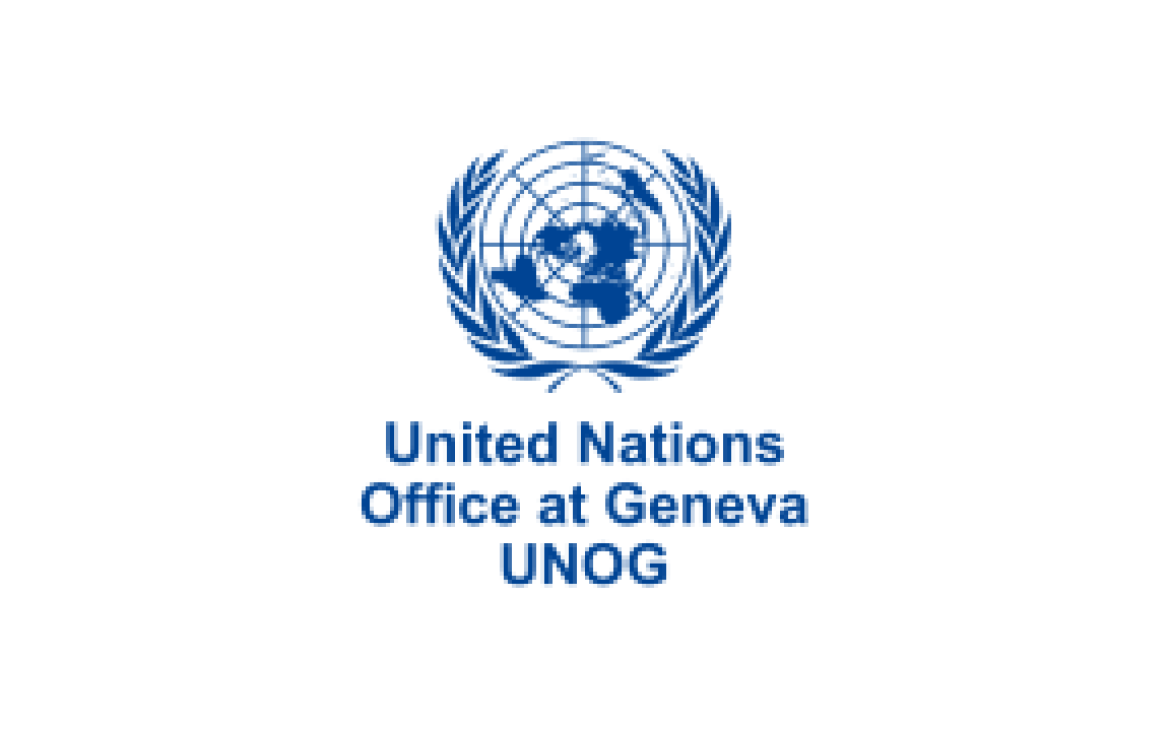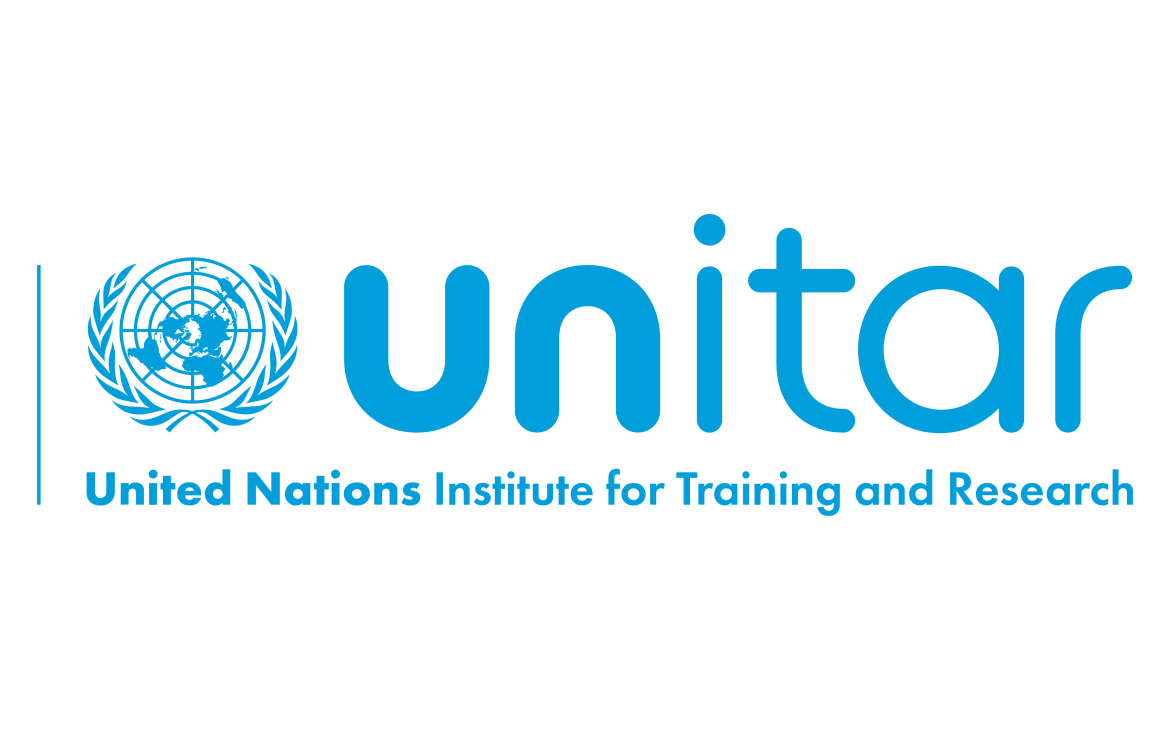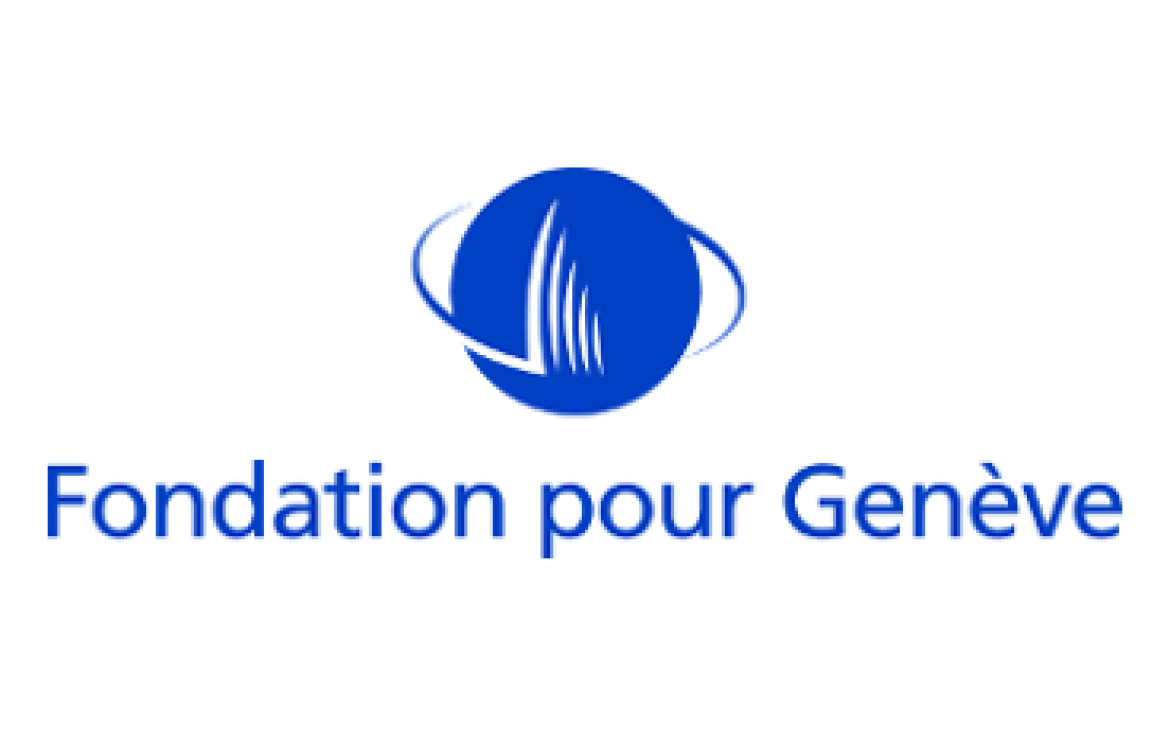Forum
The Geneva Lecture Series provides an important space for discussions. Participants who cannot attend the event in person, but follow it online have an opportunity to send their questions in advance via several platforms listed below
Channels of the media partners of the initiative
The best questionsare selected and addressed by the moderator of the event to the invited speakers during the lecture.
How to register?
Registrations for this event can be done through:
http://www.unog.ch/unog/website/dg.nsf/httpConferenceRegistrationForm?OpenForm
Concept
Geneva is the capital of multilateral diplomacy and one of the busiest conference centres in the world. The city gathers more international civil servants than New York. It is a perfect location to foster a vibrant public debate on the complex challenges the international community is facing and on how to make the world a better place to live.
The Geneva Lecture Series brings awareness of pressing global challenges to the concerned public and civil society in Geneva and beyond, with a focus on how each individual can contribute to resolve such challenges. It also offers an intellectual anchor for the work of the United Nations and other international organizations in Geneva and a mechanism to channel current thinking and research into policy-making.
The Geneva Lecture Series is unique in that, although the lectures are organized and hosted by the United Nations, they are open not only to the diplomatic community but also to anyone who is interested in and concerned with the topics discussed.
It is a unique platform that serves to raise awareness on specific global challenges and deepen and broaden the participation of citizens and civil society at large in the on-going diplomatic and inter-governmental processes.
Related links
- Inaugural Lecture (29 April 2008): "Are the MDGS doomed to fail?" by Ban Ki-moon (United Nations Secretary-General)
- Second Lecture (10 December 2008): "Are Human Rights Universal?" by Shirin Ebadi (2003 Nobel Peace Prize Laureate) and Wole Soyinka (1986 Nobel Prize Laureate in Literature)
- Third Lecture (5 October 2009): "Resetting the Nuclear Disarmament Agenda" by Mikhail Gorbachev (Former President of the Soviet Union, and Founding President of Green Cross International), Introductory statement by Ban Ki-moon (United Nations Secretary-General)
- Fourth Lecture (26 May 2010): "Nature's wake-up call: Why we must heed the warning" by Jane Goodall, PhD, DBE (United Nations Messenger of Peace, and Founder of the Jane Goodall Institute)
- Fifth Lecture (16 September 2010): "Building bridges: intercultural dialogue, identities and migration" by Ekmeleddin Ihsanoglu (Secretary-General of the Organzation of the Islamic Conference)
- Sixth Lecture (8 December 2010): " The lessons of the financial crisis and the need for new economic growth and governance models" by Dominique Strauss-Kahn (Managing Director of the International Monetary Fund) and Pascal Lamy (Director-General of the World Trade Organization)
- Seventh Lecture (11 June 2012): "'How are new technologies impacting business and changing the world?" by Carlos Slim Helu (President of the Carlos Slim Foundation)
- Eighth Lecture (13 November 2013): "Complexities of Peacemaking: The Untold Story" by Martti Ahtisaari (former President of Finland) and José Ramos-Horta (1996 Nobel Peace Prize laureate, Special Representative of the Secretary-General in Guinea-Bissau and former President of Timor-Leste)
- Ninth Lecture (21 April 2016): "A Civil Peace by Civil Society - Tunisian Experiences for the Future of the Region" by Ouided Bouchamaoui (President of the Tunisian Union of Industry, Trade and Handicrafts), Hocine Abassi (Secretary General of the Tunisian General Labour Union), Abessatar Ben (Moussa, President of the Tunisian Human Rights League) and Fadhel Mahfoudh (President of the Tunisian Order of Lawyers)
- Tenth Lecture (9 November 2017): "Current Internet Governance Challenges: What’s next?" by Brad Smith (President and Chief Legal Officer of Microsoft), Kate Gilmore (Deputy High Commissioner for Human Rights (OHCHR)) and Phillip Spoerri, (Head of the Delegation of the International Committee of the Red Cross (ICRC) to the United Nations in New York.)




